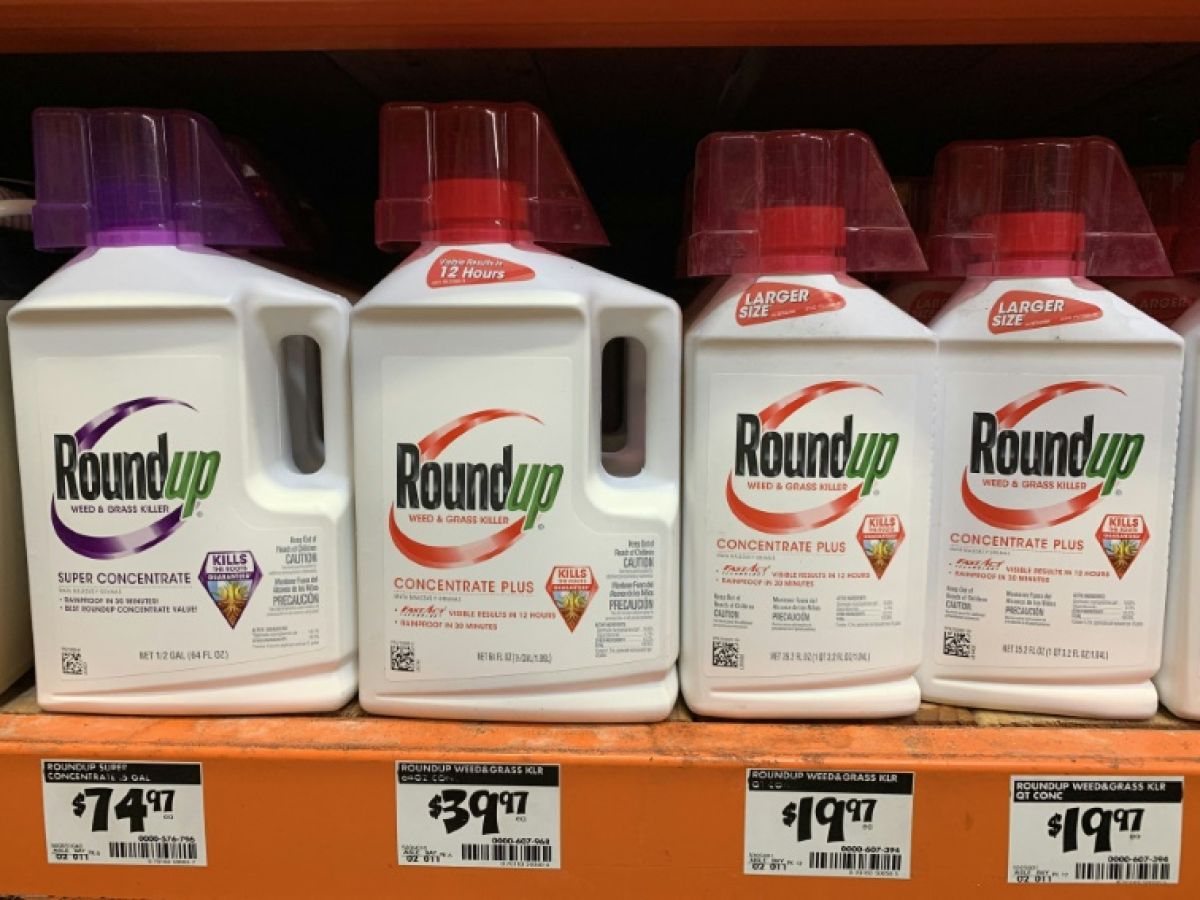Several European environmental NGOs called on Thursday for a ban on glyphosate after the publication of an unprecedented study that found a link between cancer and exposure to the herbicide in mice.
"Glyphosate clearly does not meet the safety requirements of European law," said Angeliki Lysimachou, chief scientist at Pan Europe, in a joint statement with the French NGO Générations Futures.
The NGOs are responding to the publication Tuesday in the journal Environmental Health of a study establishing a link in rats between the development of cancers, particularly leukemia, and exposure to glyphosate, either pure or in commercial formulations such as Bayer's Roundup.
This study provides an important piece of evidence in the debate surrounding the health effects of glyphosate, which has been authorized again in the European Union (EU) since 2023. In France, it is banned for sale for domestic use, but is conditionally authorized for farmers.
The World Health Organization (WHO), through its International Agency for Research on Cancer (IARC), considers glyphosate to be a "probable" carcinogen, but European health agencies consider the risk not to be "critical," differences which can be partly explained by the choice of studies used.
The work published Tuesday, carried out under the aegis of Italian researcher Daniele Mandrioli, is unique in that it was conducted on a large number of animals – several hundred – and by choosing a level of exposure that corresponds to that deemed without proven risk by European authorities.
At these levels, "glyphosate and glyphosate-based herbicides (...) caused a dose-dependent increase in malignant and benign tumors in rats of both sexes," the researchers conclude.
These results do not allow conclusions to be drawn on carcinogenicity in humans, but the researchers believe that they are consistent with epidemiological studies that have established a real-life correlation between exposure to glyphosate and the appearance of cancers.
In France, this debate is taking place in a context where President Emmanuel Macron, initially in favor of a ban on glyphosate before softening his position, justified this choice on Tuesday on France 2, pointing out the difficulty of "finding (a) substitute."
Glyphosate remains widely used worldwide, but Bayer, which is facing numerous costly lawsuits over the herbicide, publicly cast doubt on its commercial future in the spring.

